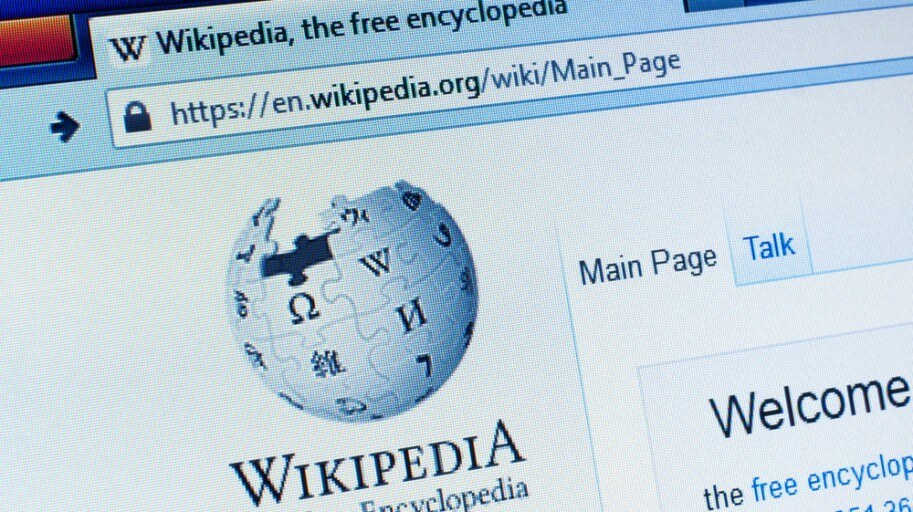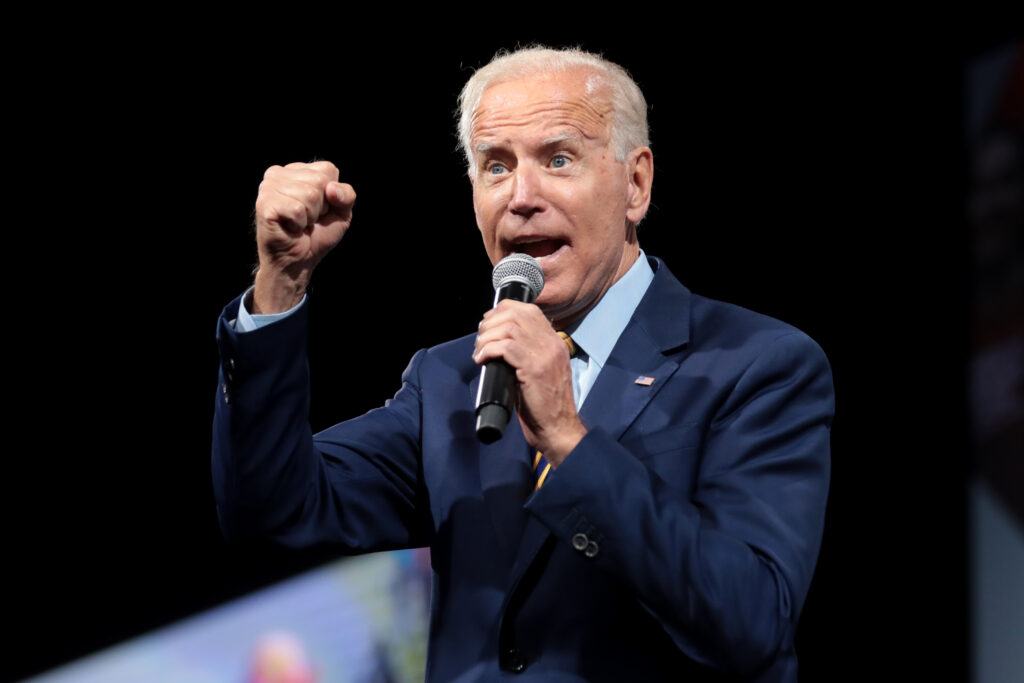But exactly who is really behind the world’s largest source of information, and does their agenda, if one exists, ever shine through their supposedly “unbiased” wiki pages?
After hearing of and experiencing incidents in which undeniable facts were removed from the site because editors at Wikipedia claimed the researchers who uncovered them were “not reliable”—which is, of course, irrelevant if the facts are demonstrably true—I began to research the prominent website’s leadership. That endeavor revealed that despite the site’s claims of being a neutral source of information, many of those leading Wikipedia have intimate ties to far-left organizations or openly support liberal policies and candidates.
Sue Gardner is just one example. She is the former executive director of the Wikimedia Foundation and served in that role from December 2007 to May 2014. Her influence on Wikipedia is substantial and unquestioned. She was even named one of the 100 most powerful women in the world by Forbes in 2012.
In addition to serving on Wikimedia’s Board of Trustees, Gardner has held a leadership position with the “nonpartisan” Sunlight Foundation (SF). SF has been funded by numerous left-wing organizations, such as the George Soros-funded Open Society Foundation and the Knight Foundation. SF even received $1 million in 2010 from the left-leaning Rockefeller Family Fund.
Also connected to SF is Wikipedia founder and Wikimedia Board of Trustees member Jimmy Wales, who serves on the SF Advisory Board. Wales is not only connected to leftist groups through his role at the Sunlight Foundation, he also has close personal ties to multiple left-wing bigshots. Wales even attended one of George Soros’ birthday parties, according to The New York Times.
Other Wikimedia Board of Trustees members have less extravagant ties to leftist causes but still openly admit they support such causes and politicians. Guy Kawasaki, Wikipedia’s “internet evangelist,” announced his support of Barack Obama on Election Day in 2012.
In one of her blog posts, Wikipedia board member Phoebe Ayers lamented that she had “white privilege” and reminisced about rifle-carrying “rednecks,” to whom she referred as “drunken yokel[s],” whose proximity she had to endure while growing up in the South. In another post, she applauded Sen. Barbara Boxer (D-CA) for her “stands on the environment … and women’s issues” and worried someday the “unthinkable” might happen in California: A Republican could get elected.
Having a particular set of personal beliefs doesn’t necessarily mean there will be content bias, but the evidence suggests Wikipedia has been affected by its leftist leaders and many biased editors.
In 2012, for example, Northwestern University’s Shane Greenstein and the University of Southern California’s Feng Zhu analyzed more than 70,000 Wikipedia articles published over 10 years related to U.S. politics to determine whether any bias existed in the material. Greenstein and Feng found there was a distinct bias favoring Democrats and their positions. The authors also discovered articles produced in the early 2000s were “very slanted” and less so after 2005. As time has gone on and more unbiased users have become involved in Wikipedia’s editing process, articles have become more balanced, Greenstein and Zhu say.
Things may be improving, but Wikipedia’s bias remains obvious. Not only are factual, credible sources being removed in an effort to censor information that reflects badly on political projects such as global warming alarmism, net neutrality, and Obamacare, but the editors have also allowed dishonest, biased sources to mislead people on numerous wiki pages. For instance, climate alarmist William Connolley repeatedly removed factual material from Wikipedia pages in 2010 and earlier because it didn’t support his belief in man-caused catastrophic global warming, even while he was being investigated for poor practices.
It’s true Wikipedia is an enormous project and its leadership cannot be held responsible for every foolish decision, but from the top down, the evidence shows Wikipedia is decidedly not a neutral source operated by unbiased editors, and all of its readers should keep that in mind whenever visiting the site.
[First published at Western Journalism]





